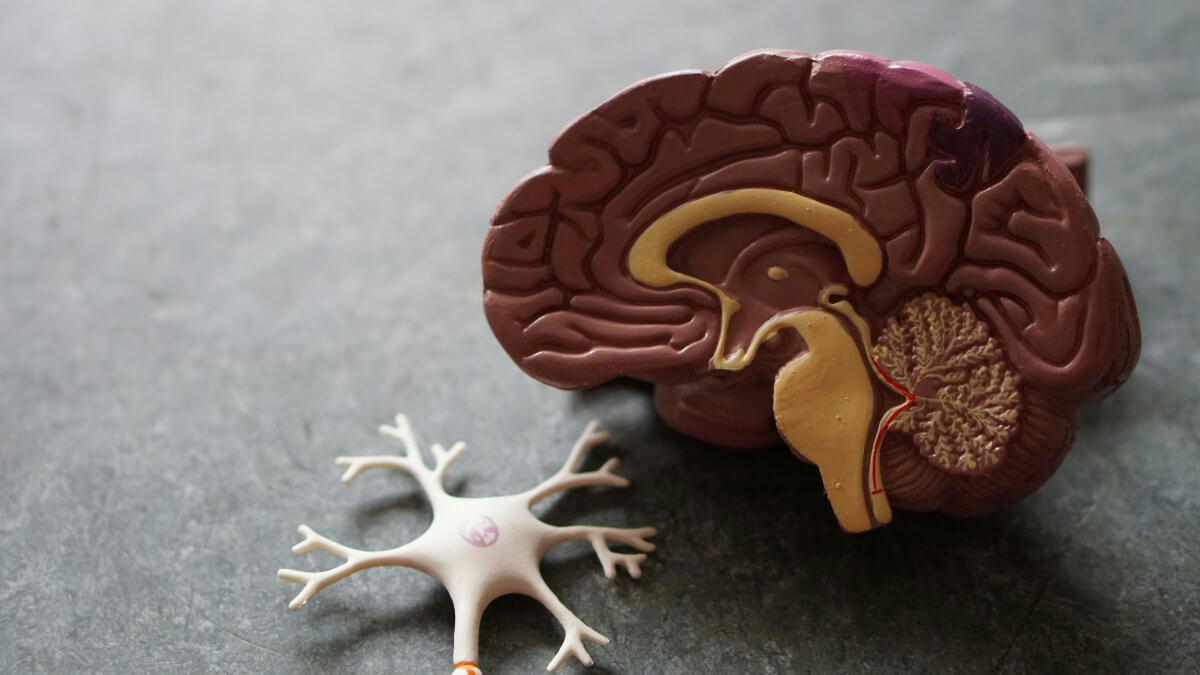Medical cannabis for neurological diseases

Since 2017, doctors in Germany have been able to prescribe cannabis flowers and extracts as well as synthetic cannabinoids to patients for the treatment of various serious illnesses. However, according to the current state of knowledge, such treatment is only covered by health insurance companies in rare cases. The prerequisite is a sensible use of the treatment as well as the condition that “a generally recognized treatment corresponding to the medical standard is not available, cannot be used in the individual case […] after weighing up the expected side effects and taking into account the clinical picture […] and there is a not entirely remote prospect of a noticeable positive effect on the course of the disease or on serious symptoms”. (1).
Neurological diseases for which medical cannabis is already approved for treatment in Germany include epilepsy, Dravet syndrome, pharmacotherapy-resistant epilepsy syndromes and multiple sclerosis (2).
In principle, any doctor in Germany can prescribe cannabinoids (THC). However, for final reimbursement by the health insurance company, prior authorization for the prescription must be obtained from the respective health insurance company. Around 40 % of these applications are not approved.
Study situation
In the treatment of neurological diseases, the study situation on the long-term effects is particularly important, as one-off or short-term use in such cases would only bring a short-term improvement/relief of symptoms for those affected. To date, there is little information on the long-term effects of medical cannabis use. A meta-analysis of non-cancer chronic pain suggests that long-term use is likely to be safe. However, the studies included in the analysis were based on a maximum observation period of 12 months. The different studies also show different results with regard to the use of cannabinoids in multiple sclerosis.
Two large national patient surveys on the use of cannabinoids in Parkinson’s disease show that the treatment may be particularly useful for treatment-resistant non-motor symptoms such as pain, sleep disturbances or anxiety, as well as for improving motor symptoms.
Overall, there is only limited, clear evidence of a “general, safe” mode of action of cannabinoids in neurology (2).
Conclusion
In principle, it should be noted that all effects of medical cannabis use are influenced by several factors. The frequency of use, the THC content, the age of the user and individual susceptibility must therefore be taken into account when making general statements about possible effects/side effects. In the treatment of neurological disorders, there is a fundamental risk of cognitive impairment, especially in younger people. Although THC-containing cannabinoids also appear to be generally well tolerated in the above-mentioned patient survey, further high-quality studies are urgently required in order to create a valid database.
In principle, however, patients with severe symptoms should not be denied access to this therapeutic option if other therapeutic approaches have proven to be inadequate, especially since the response to treatment varies from case to case and there is already growing evidence that medicinal cannabis can have a positive effect on the symptoms of neurological diseases.
References:
1 – Bundestag Deutschland (2017): Deutscher Bundestag. Gesetz zur Änderung betäubungsmittel-rechtlicher und anderer Vorschriften (06. März 2017)
2 – Hidding, U., Mainka, T., & Buhmann, C. (2024): Therapeutic use of medical Cannabis in neurological diseases: a clinical update. Journal of neural transmission (Vienna, Austria : 1996), 131(2), 117–126. URL: https://www.ncbi.nlm.nih.gov/pmc/articles/PMC10791790/.


